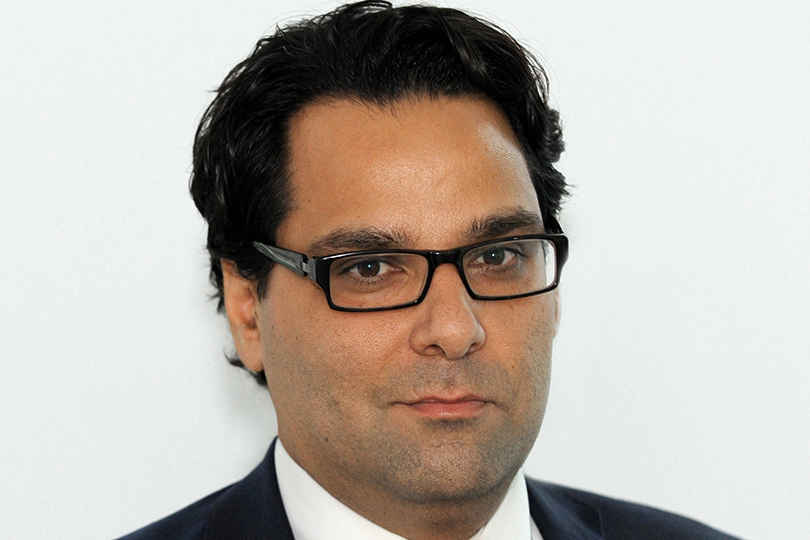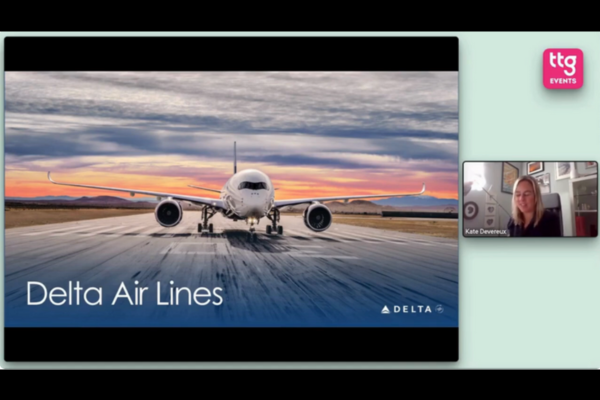A consulting expert explains how travel companies can prepare for the upturn
Dimitris Hiotis, global head of leisure, travel and transportation at consulting firm Simon-Kucher & Partners, discusses how travel companies can prepare for a successful restart after the coronavirus crisis.
Earlier this week the government set out a conditional roadmap to reopen businesses across the country.
Hospitality is expected to re-open for business from 1 July while airlines and tour operators will have to operate under a rule that all UK arrivals will face a 14-day quarantine on arrival into the British Isles.
Of course, all such plans are conditional on the infamous “R” number of infection remaining considerably below 1.
Based on this highly conditional and relatively vague plan, how should travel companies prepare themselves for a restart?
Open up with restricted capacity before scaling it up
First of all, travel and hospitality businesses need to ensure they rebuild consumer confidence. Health and temperature checks prior to boarding a plane or check-in at a hotel and the requirement to wear masks will be key to building such confidence.
At the same time, travel companies will need to open up with restricted capacity if they are to adhere to social distancing. Although it could be costly, this will likely be a short-term requirement to instil confidence in people to travel again. As confidence slowly comes back, travel companies can scale up capacity accordingly.
Allow booking flexibility
There is already considerable uncertainty for customers to make any travel plans as, even after the government announcement, no-one knows for sure when and how they will be able to travel.
In a recent survey conducted by Simon-Kucher, booking flexibility was the top requirement for people to be confident to book a holiday or a flight. Travel companies need to readjust their products to allow clients to change their travel plans with no penalties or charges incurred. This will remove a key barrier to booking for future travel and rebuild customer confidence.
Engage with existing and past customers
Existing or prior customers will be easier to convince to travel as they already have brand affinity. Hence, marketing efforts should predominantly focus on the existing customer base rather than spending valuable marketing cash on acquiring new ones.
Customers who got a credit voucher instead of a full refund are a great group of people to win back. Topping up their credit voucher to spend on future travel is a great way to incentivize them to book and address the negative sentiment associated with such vouchers.
Open up future seasons for sale early
Demand for 2020 is subdued, but people feel more certain about booking a holiday for 2021. By opening up 2021 or even 2022 earlier than usual, travel firms give people more options to book thereby giving companies much needed revenue and optimism to get through 2020.
Promote on value not just on price
Customers have been on lockdown for months, which has created pent-up demand. Going out with a cheap price or a heavily discounted promotion will be incredibly costly and not as effective. Instead, companies should – provided they can guarantee customers’ health – promote on value rather than price and appeal with a better product, a free upgrade or more nights for the same price.
Re-set your revenue management
Revenue management systems are heavily reliant on historical performance so they will be prone to making the wrong pricing decisions as history is irrelevant. Travel companies should at best recalibrate these systems or revert to more manual-based pricing with the help of agile reporting and alerting that identifies opportunities for repricing quickly and effectively.
The travel industry is going through unprecedented times at the moment. A carefully planned restart strategy is key for travel companies to instil consumer confidence while ensuring they generate enough revenue to let them get through 2020 for better times in the future.















